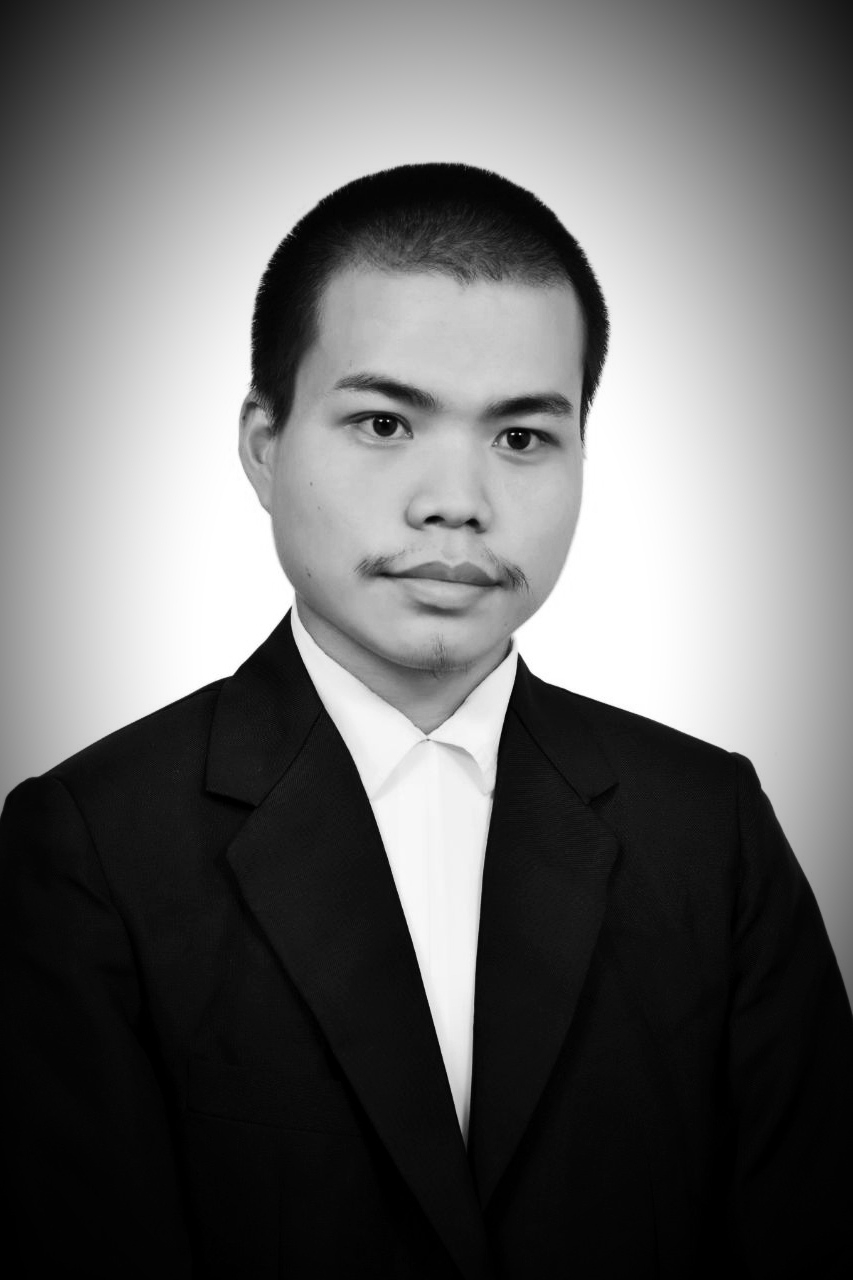Why Chakmas observe "Black Day" in 17th August?
17TH AUGUST 1947: BLACK DAY FOR CHAKMAS : Atul Chakma
A Historical Overview of Injustice and Struggle
The Partition of India in 1947 was a momentous and traumatic event, leading to the creation of India and Pakistan. Among the numerous communities affected, the Chakma community of the Chittagong Hill Tracts (CHT) faced a unique set of challenges. Despite their efforts to become part of India, the Chakmas were ultimately incorporated into Pakistan, a decision they continue to mourn and protest.
Efforts to Join India
On 14th July 1947, the Chakma community submitted a memorandum to the Bengal Boundary Commission, expressing their desire to join India. The community hoped their predominantly Buddhist region, with 98.5% non-Muslims, would align with India rather than Muslim-majority Pakistan.
However, on 16th July 1947, Cyril Radcliffe, Chairman of the Bengal Boundary Commission, was absent during the hearing of the Chittagong Hill Tracts' arguments. This absence was a critical setback, compounded by the lack of support from the Congress and Hindu Mahasabha, which did not address the issue in their memoranda.
Unfair Deliberations and Decisions
The two Muslim League members of the Boundary Commission, who were present, continually argued against the CHT's advocate, Sneha Kumar Chakma. They favored Pakistan, and the Chakma's seven-page argument was allegedly dismissed by Radcliffe. Additionally, a letter from Sardar Patel supporting the CHT's inclusion in India was reportedly discarded.
Col. G.L. Hyde declared that the CHT should be part of India under the Indian Independence Act of 1947. Despite this, the Chittagong Hill Tracts were awarded to Pakistan on 12th August 1947, but this decision was kept secret until it was broadcast on 17th August 1947 to prevent potential revolts by the CHT leaders.
Betrayal and Struggle
The partition was supposed to be based on religious demographics, but the Chittagong Hill Tracts were given to Pakistan despite their Buddhist majority. The betrayal was further compounded when Indian leaders, including Gandhi and Nehru, showed little support for the CHT's cause. Even after meeting Nehru, Sneha Kumar Chakma faced anger and rejection.
Two non-Muslim members of the Boundary Commission, Justice Bijan Mukharjee and Justice Charu Biswas, attempted to revise the Radcliffe Award concerning the CHT but were reprimanded by Nehru and other leaders.
The Consequences
On 14th August 1947, the Chakmas hoisted the Indian flag in Rangamati, only for it to be forcibly removed by the Pakistani Army on 17th August 1947. Many Chakma leaders were arrested, and the community was branded as traitors by Pakistan.
In 1964, some Chakmas were resettled in India by the Indian government, but political changes in 1980 led to the withdrawal of these facilities. Despite two Supreme Court judgments, directions from the Rajya Sabha and NHRC, and the Election Commission, Chakmas in Arunachal Pradesh have been deprived of their fundamental rights for over five decades.
Independence of Bangladesh and Missed Opportunities
In 1971, Bangladesh gained independence with India's help. The Chakma king repeatedly requested Indira Gandhi to include the CHT in India, but these appeals were ignored, perpetuating the historical injustices faced by the Chakmas.
Observing Black Day
Every year on 17th August, Chakmas in India observe "Black Day" to protest the unconstitutional decision of Cyril Radcliffe and the historical injustices perpetrated by Indian leaders. This day serves as a reminder of their struggle and the atrocities they have endured in Bangladesh. It symbolizes their ongoing fight for justice and recognition.
The observance of Black Day is a solemn reflection on the past and a call for justice, acknowledging the pain of separation from their community and homeland, and the continuous struggle for their rights and dignity.




Comments
Post a Comment